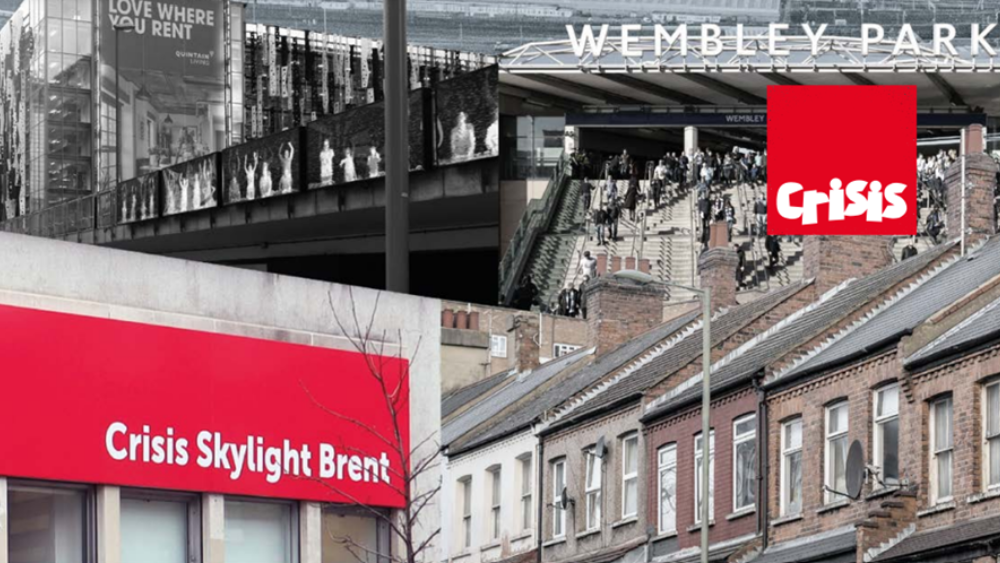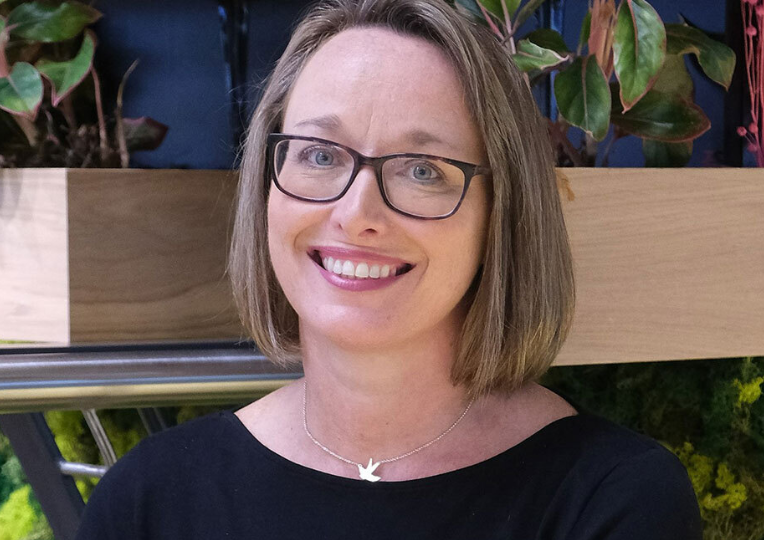Housing CEO WhatsApp digest updated as of 13 May 2022
A note to readers
These are the summary of recent highlight notes of Campbell Tickell’s WhatsApp chat group for Chief Executives of housing associations and ALMOs in all four UK jurisdictions and the Republic of Ireland. A full summary of discussions from the inception of the group is available on request.
This is a closed group, open only to CEOs in housing associations and ALMOs. It currently has around 220 members.
While discussions are confidential and unattributable, members of the group are keen for the content themes and issues to be shared widely to assist with broader understanding.
Please note:
The following digest highlights matters that have been discussed in the group. None of the content should be treated as representing the collective views of the group as such or be attributed to any of its members. The group is an information-sharing forum and not a policy-making body.
Steve Douglas, CBE
Sadly and shockingly, Steve passed away suddenly at home on Sunday 8 May, 2022. He was known to many of us from this group, and held in equal affection and respect by all. He joined St Mungo’s as Chief Executive in 2020, and had a long, varied and distinguished career in the housing and homeless sectors.
Prior to joining St Mungo’s he was Group Chief Executive of consultancy Altair. Before that he held Director and Chief Executive positions in a number of housing related roles, which also included funding provision of homelessness services.
He was Chief Executive of the Housing Corporation and Corporate Director of Neighbourhoods and Regeneration for the London Borough of Hackney which included responsibilities in relation to homelessness and temporary accommodation. Steve was also Chair of One Housing Group, which runs Arlington House, the homeless centre in Camden.
He led or supported many initiatives and activities including:
- First Chief Executive role at Spitalfields community based HA – based in East London
- CEO at Asra Greater London HA
- Overseeing an investment programme delivering 155,000 homes whilst Chief Executive at the Housing Corporation
- Vice Chair and Board Member at Amicus Horizon and then Optivo
- Executive Regeneration Director at LB Hackney in the run up to Olympics 2012
- A founding Partner at Altair
- Setting up the Leadership 2025 initiative – to empower senior BME professionals to become leaders of the future
- Steve was awarded a CBE in the 2019 Queen’s honours list for services to housing.
We mourn his passing, and celebrate his many achievements and his legacy. All condolences and sympathy to his family, friends and colleagues. Details of funeral and memorial to follow when available. Rest in Peace, Steve.
1. Latest highlights, 17 March – 13 May 2022
- Social landlords are considering how to best support tenants taking part in the ‘Homes for Ukraine’ scheme. One member shared their recently published briefing, which was well-received as a helpful resource by members.
- The implications of the rise in the cost of living, along with ending of the universal credit (UC) uplift and % of residents in receipt of UC, were discussed at length. Some social landlords have seen increased rent arrears debt at the end of the 21/22 final year with forecasts predicting a significant rise in arrears by year’s end at 3.06%.
- Many members are either putting together a hardship fund for tenants or are expanding the hardship funds provided during the Covid-19 pandemic.
- Several social landlords asked members to share how they currently deliver hardship funds and the eligibility criteria used. In one organisation, a crisis fund is administered by a local charity. Another social landlord provides their hardship fund via on the ground staff, recognising that they have a close understanding of the tenant’s needs. In both cases, eligibility criteria are kept flexible.
- One member offered to share their hardship fund’s calculation sheets and procedures. This member is also developing a financial inclusion toolkit.
- Most members agreed that these hardship funds should aim to help tenants overcome an immediate financial crisis and are not suitable for those in need of longer-term financial support.
- Social landlords are concerned about the rise in Covid-19 rates, especially as access to free lateral flow tests (LFT) has ended. Many members are purchasing LFT in the short to medium term to protect staff and residents. Many members agreed that buying and distributing LFTs is vital to keep services running.
- Some members provide LFT for staff with symptoms. One member requires positive staff to be away from the workplace for ten days, and a negative test on three consecutive days before returning to on-site work.
- In response to the ending of Covid-19 legal requirements, some social landlords have kept mask-wearing either mandatory or made it a firm guideline when staff are in a tenant’s home.
- Members discussed approaches to hybrid working. One member was in the process of defining their organisation’s hybrid working policy. Social landlords shared their hybrid working policies. Some members are reviewing their hybrid working policy on a three-month basis.
- Members also used the group to discuss and evaluate their current practice regarding staff absence caused by Covid-19. Overall, members are now treating Covid-19 absence in the same way as other sicknesses. The discussion, therefore, focused on member’s approaches to general sickness policies.
- One member’s standard sickness approach uses the Bradford factor, which has had mixed results. Most social landlords agreed that the Bradford factor is restrictive, and members are currently looking for alternative approaches. One alternative approach a member is considering is a combination approach of lost time, frequency rate and the Bradford factor.
- Social landlords also discussed their learning from fire incidents in their buildings. Members noted that fire alarm systems and evacuations have been effective, with no tenants harmed. One member asked for advice on waterproofing their fire systems. Members exchanged contacts to share expertise.
- Cybersecurity appears to be an increasingly pertinent topic. In insurance renewals, some brokers now require ISO 27701 accreditation, which is a step up from industry-standard cyber essentials and cyber essentials plus. In some cases, two-factor authentication is also an essential requirement for cyber insurance renewal.
- Members discussed the challenges of transitioning away from analogue communications as part of the 2025 Digital switchover. The impacts on residents and the extent staff are aware of the digital switchover is a particular issue.
- One member is conducting property MoTS in their supported accommodation. This is to get information on which residents will be affected and how.
- Members discussed a shared services approach between registered providers as a potential solution. One member has made significant progress regarding the digital switchover and offered to share expertise.
- Social landlords asked members to share their approaches to procuring their Direct Labour Organisations van fleet. Due to shortages of materials, there are significant delays in delivering the van fleets.
- The issue of procuring electric vans and phasing out diesel vans was also discussed. Members mentioned that they are waiting for the market to roll out electric vehicle charging network first. This means that some members are using their diesel stock for longer than initially planned.
- Several members are facing difficulty procuring external auditors. Many firms with auditing services firms are not taking on new clients. Often, auditing services cost more than LAs and public/non-profit bodies can pay.
- Members discussed the impact on double digit inflation on their housing organisations. In terms of mileage rates, most members are sticking to the HMRC standard rate.
3. Overview of recent discussions
Responding to and managing tenant uptake of the Homes for Ukraine scheme is an issue social landlords face. Examples of tenant briefings were shared, and members offered to share their approaches in the coming months.
The recent cost of the living rise was a concern widely discussed, and members are anticipating increased tenant arrears and debt as a result.
In recognition of the increased cost of living, many members are either expanding or setting up hardship funds for tenants. However, members agreed that these funds should help tenants overcome the immediate financial crisis and are unsuitable for longer-term financial support.
With the ending of free lateral flow tests (LFT) and rising infection rates, Covid-19 continues to be an issue of concern. Many social landlords, in the short to medium term, are purchasing LFTs for their staff and tenants. Additionally, members have made the decision to keep mask-wearing mandatory or made it a firm guideline when staff are in a tenant’s home.
Most members have started approaching Covid-19 staff sickness according to their general sickness policy. Social landlords largely agree that solely using Bradford function sickness approaches are restrictive and are seeking alternative methods of managing staff sickness.
Social landlords face difficulty adapting to recent increases in the level of cyber security assurance needed to renew their cyber security insurance.
Members discussed the challenges of transitioning away from analogue communications as part of the 2025 Digital switchover. Members discussed a shared services approach between registered providers as a potential solution.
The issue of procuring electric vans and phasing out diesel vans was also discussed. Some members mentioned that they are waiting for the market to roll out electric vehicle charging network first.
The group continues to be a venue for sharing good practices across various topics, including tenant briefings, covid safety and testing guidelines, hybrid working, sickness policy and the 2025 Digital switchover.
The group is open to all housing CEOs who are not yet members.
To join, please contact james.tickell@campbelltickell.com or greg.campbell@campbelltickell.com
For any media enquiries, please email: comms@campbelltickell.com



